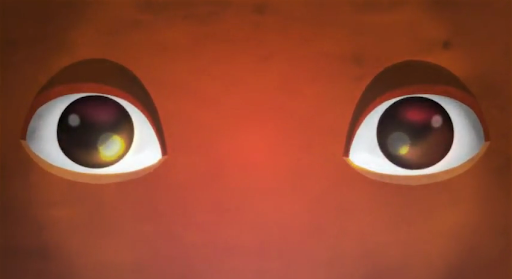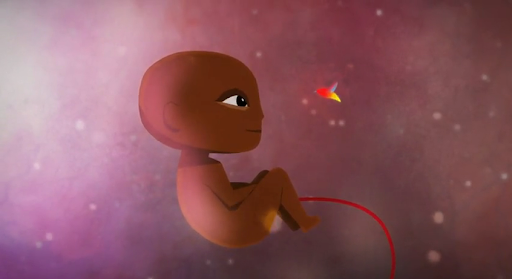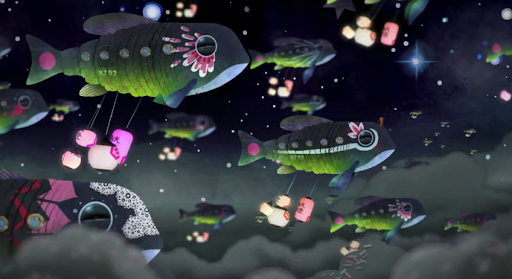“It’s BP’s Oil”

Running the corporate blockade at Louisiana's crude-covered beaches.
Mon May. 24, 2010 12:14 AM PDTElmer's Island Wildlife Refuge, even after all the warnings, looks worse than I imagined. Pools of oil black and deep stretch down the beach; when cleanup workers drag their rakes along an already-cleaned patch of sand, more auburn crude oozes up. Beneath the surface lie slimy washed-up globules that, one worker says, are "so big you could park a car on them."
It's Saturday, May 22nd, a month into the BP spill, and I've been trying to get to Elmer's Island for the past two days. I've been stymied at every turn by Jefferson Parish sheriff's deputies brought in to supplement the local police force of Grand Isle, a 300-year-old settlement here at the very southern tip of Louisiana. Just seven miles long and so narrow in some spots that you can see from the Gulf side to the inland side, Grand Isle is all new clapboard and vinyl-sided bungalows since Katrina, but still scrappy—population 1,500, octuple that in tourist season. It's also home to the only route to Elmer's, a barrier island to the west. I arrived on Thursday with my former University of New Orleans lit prof, John Hazlett; a tandem kayak is strapped to his Toyota Tacoma. At the turn to Elmer's Island Road, a deputy flags us down. Can't go to Elmer's; he's just "doing what they told me to do." We continue on to Grand Isle beach, where toddlers splash in the surf. Only after I've stepped in a blob of crude do I realize that the sheen on the waves and the blackness covering a little blue heron from the neck down is oil.
The next day, cops drive up and down Grand Isle beach explicitly telling tourists it is still open, just stay out of the water. There are pools of oil on the beach; dolphins crest just offshore. A fifty-something couple, Southern Louisianians, tell me this kind of thing happened all the time when they were kids; they swam in rubber suits when it got bad, and it was no big deal. They just hope this doesn't mean we'll stop drilling.
The blockade to Elmer's is now four cop cars strong. As we pull up, deputies start bawling us out; all media need to go to the Grand Isle community center, where a "BP Information Center" sign now hangs out front.
Grand Isle residents are not amused by the beach closing.Inside, a couple of Times-Picayune reporters circle BP representative Barbara Martin, who tells them that if they want passage to Elmer they have to get it from another BP flack, Irvin Lipp; Grand Isle beach is closed too, she adds. When we inform the Times-Pic reporters otherwise, she asks Dr. Hazlett if he's a reporter; he says, "No." She says, "Good." She doesn't ask me. We tell her that deputies were just yelling at us, and she seems truly upset. For one, she's married to a Jefferson Parish sheriff's deputy. For another, "We don't need more of a black eye than we already have."
"But it wasn't BP that was yelling at us, it was the sheriff's office," we say.
"Yeah, I know, but we have…a very strong relationship."
"What do you mean? You have a lot of sway over the sheriff's office?"
"Oh yeah."
"How much?"
"A lot."
When I tell Barbara I am a reporter, she stalks off and says she's not talking to me, then comes back and hugs me and says she was just playing. I tell her I don't understand why I can't see Elmer's Island unless I'm escorted by BP. She tells me BP's in charge because "it's BP's oil."
"But it's not BP's land."
"But BP's liable if anything happens."
"So you're saying it's a safety precaution."
"Yeah! You don't want that oil gettin' into your pores."
"But there are tourists and residents walking around in it across the street."
"The mayor decides which beaches are closed." So I call the Grand Isle police requesting a press liason, only to get routed to voicemail for Melanie with BP. I call the police back and ask why they gave me a number for BP; they blame the fire chief.
I reach the fire chief. "Why did the police give me a number for BP?" I ask.
"That's the number they gave us."
"Who?"
"BP."
When I tell Chief Aubrey Chaisson that I would like to get a comment on Barbara's intimations—and my experience so far—that BP is running the show, he says he'll meet me in a parking lot. He pulls in, rolls down the window of his maroon Crown Victoria, and tells me that I can't trust the government or big corporations. When everyone saw the oil coming in as clear as day several days before that, BP insisted it was red tide—algae. Chaisson says he's half-Indian and grew up here and just wants to protect the land. When I tell him BP says the inland side of the island is still clean, he spits, "They're fucking liars. There's oil over there. It's already all up through the pass." The spill workers staying at my motel later tell me they've been specifically instructed by BP not to talk to any media, but they're pissed because BP tried to tell them that the crude they were swimming around in to move an oil containment boom was red tide, dishwashing-liquid runoff, or mud.
The next morning at breakfast, the word at Sarah's Restaurant is that the island will have to be shut down; the smell of oil was so strong last night one lady had to shut all her windows and turn on her AC; if her asthma keeps up like this, she'll need to go on her breathing machine tonight.
Local workers make ten dollars an hour cleaning up the same beach again and again.I've corralled Irvin Lipp, who drives me and a few wire photographers out to Elmer's. (He tells me ruefully that he has history with Mother Jones, having once been a flack for Dupont.) The shoreline is packed with men in hats and gumboots and bright blue or white shirts. Nearly all are African-American, all hired from around New Orleans. They tell me they've been standing in these exact same spots for three days. It's breathtakingly hot. They rake the oil and sand into big piles; other workers collect the piles into big plastic bags, and still other workers take them to a plant where the sand is separated out and sent to a hazardous-waste dump and the oil goes on for processing. Then the tide comes in with more oil and everybody starts all over again. Ten dollars an hour. Twelve hours a day. When I joke with one worker that he should pocket the solid gobs of oil he's digging up to show me how far beneath the sand they go, he stops dead and asks me if BP's still trying to use the oil they all collect. "Aw, I knew it!" he says. Another leans on his rake to ask me, "Have they at least shut the oil off yet?" He randomly picks three spots in a three-foot-wide expanse of sand that he's already raked clean and drops his rake in an inch deeper to show me how the oil bubbles up from underneath. He can't count how many times he's raked this same spot in the 33 hours he's worked it since Thursday, but one thing he's sure of, he says, is that he'll be standing right here tomorrow and the next day, too.
(If you appreciated Mac's story and the rest of our BP coverage, please consider making a tax-deductible donation.)
They take these bags to a plant and separate out the sand so they can process the oil.
Another problem is that after surface cleanup, raking the sand brings up more oil.















































